Yettel IOT Live Show 2022
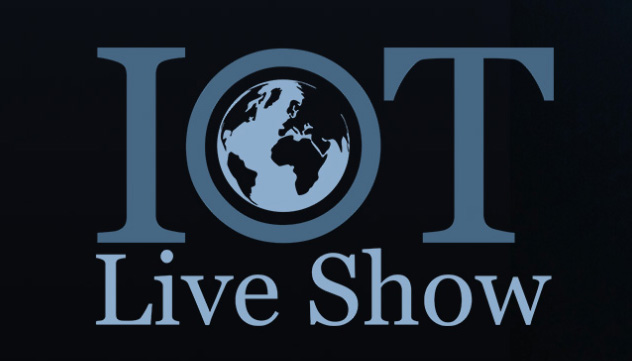
IOT Live Show 2022
There is a growing need to make the origin of food and the history of processing transparent along the slogan "farm to fork". Farmers, food producers and other logistics actors need to come up with complex solutions that requires increasing availability from trade, public authorities and consumers. These needs are becoming increasingly difficult to serve without interconnecting IoT devices, mobile technologies and information generated by individual actors.
The QST target software developed by Seacon Europe for the cloud based use can provide technical solution for the problem mentioned above. The developers have decades of experience in this area.
In the partnership with Waterscope Inc, Seacon has a data collector and analyst partner providing innovative solutions in the water industry, while Waterscope's hardware-based core solution has been expanded with a data warehouse and data visualization layer. In addition, Waterscope's data collection system based on measuring devices fits very well with Seacon's QST software – which is currently operating in the food industry – and complements it effectively.
At our stand, we are happy to provide information on both solutions.
We will give a presentation at the event entitled “Digital Transparency in the Food Industry with QST Support”
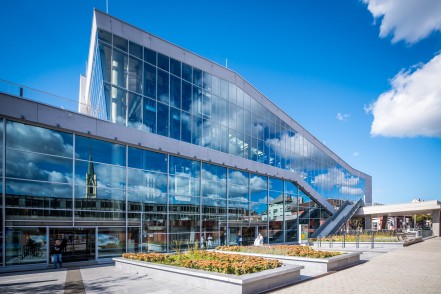
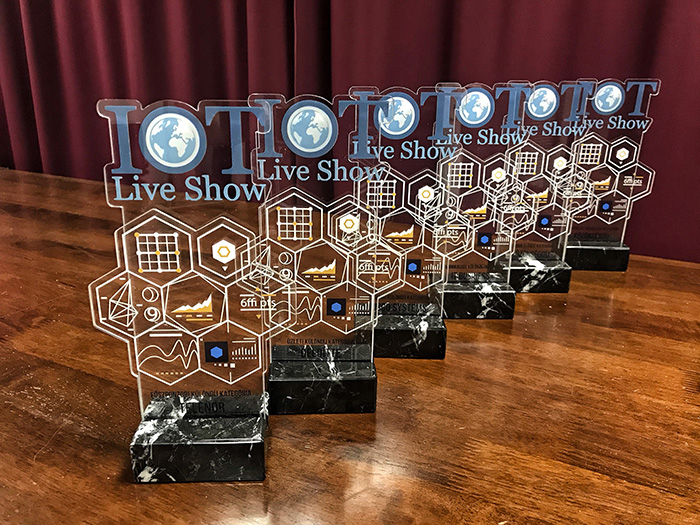
MBM Tourism Prague 2022 Event

Seacon’s Museion project is in the B2B session.
On-line and on-site meetings at the fair Holiday World&Regional World in Prague
The third edition of the Matchmaking Business Meetings (MBM) Tourism Prague is organised in both ways: first day on-line and second day on-site during the international tourism fair Holiday and Regional World in Prague. It is the most important tourism and travelling fair in Czechia with the overlap across Central Europe.
The event will take place between Mar 17 2022 and Mar 18 2022.
The main area topics include among others the following:
- Cultural heritage, museums, historical sights, institutions related to the cultural heritage, renovations, reconstructions
- Digital solutions for tourism and smart cities, supportive services for tourism
These topics are directly linked to the Seacon’s Museion project.
The event is intended to companies, institutions, agencies, clusters which want to find new international business partners effectively.
SmartAgriHubs funding
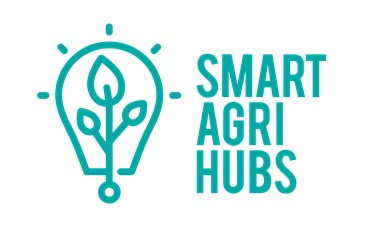
SmartGeoFish for the intensive aquaculture
The SmartAgriHubs Open Call international team informed the Hungarian consortium that the common proposal of companies Campden BRI, Geofish and Seacon Europe has been selected for support within SmartAgriHubs Open Call.
They evaluated that the proposed innovation and strategy are in line with the scope of the call and in line with the main specific problems.
Realizing the SmartGeoFish project the participants target to develop an innovative service package for stakeholders of the Hungarian aquaculture sector.
The project will be started on 01.01.2022.
New packaging success story to discover
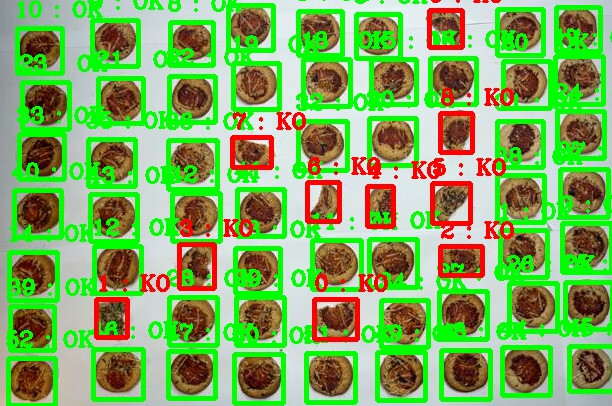
IVSILA’s usecase is on Foodpacklab.eu
How can DeepTech and Photonics help to optimize production chains in the food industry?
Discover the IVSILA success story, from OptoPartner!
Minimize food wastage and maximize profitability
IVSILA, the Intelligent Vision System for In-Line Analysis of baked product is an innovative project funded by EIT Digital and the European Union. It gathers partners from France and Hungary to respond to the societal issue of food wastage during the production phase in a profitable manner.
IVSILA provides a solution to both the problem of food waste at the industrial level and the problem of efficiency of food production lines.
Thanks to an intelligent vision system coupled to the production line, IVSILA visually inspects production in real time for companies in the food industry. Defective products are reported to the production line’s information system, allowing the sorting of defective products and the correction in real time of the production.
Read more: foodpacklab.eu
Horizon Europe Cluster 5 Event
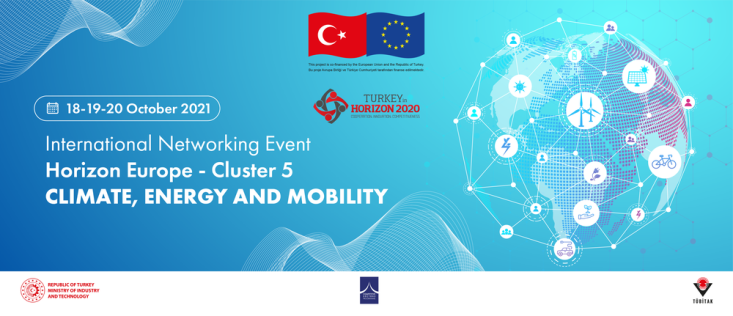
Seacon’s projects in the B2B session.
Horizon Europe Cluster 5 Climate, Energy, and Mobility International Networking Event.
The International Networking Event organised by the Scientific and Technological Research Council of Turkey (TÜBİTAK) in cooperation with Sabancı University and ARGEMIP under the “Turkey in Horizon 2020 Phase II” Technical Assistance Project which is co-financed by the EU and the Republic of Turkey and implemented by the Republic of Turkey Ministry of Industry and Technology within the scope of Competitive Sectors Programme.
The event organised as an on-line event and will be held on 18, 19, and 20 October 2021.
The event will cover most of the Horizon Europe Cluster 5 calls that are open during the event time and will be opened soon.
The three day networking event will cover informative sessions about the call topics, pitching sessions for the presentation of ideas & competences and finding partner alternatives for consortiums and one-to-one partnering meetings.
The event aims at bringing together participants from Europe and Turkey, coming from both research and industrial communities working in related fields. This will not only give the unique opportunity to connect with Turkish and European researchers to discuss Horizon Europe Cluster 5 project ideas, but also get first-hand information about the upcoming calls. This event will be an excellent platform to expand the partnernetwork and create new partnerships for the upcoming calls.
Seacon staff also participated in the B2B section of the event with the company’s 3 running Eureka and Eurostars projects, where they talked about cooperation and further development opportunities with Turkish, Spanish, Slovak, French and Maltese partners. Climate change, energy, mobility and transport, as well as self-driving vehicles, were key topics. The issues of water management, water treatment and wastewater were discussed, but the application of museum measurement technology was also brought to the fore by one of the negotiating partners.
The event was attended by 456 participants from 32 countries.


